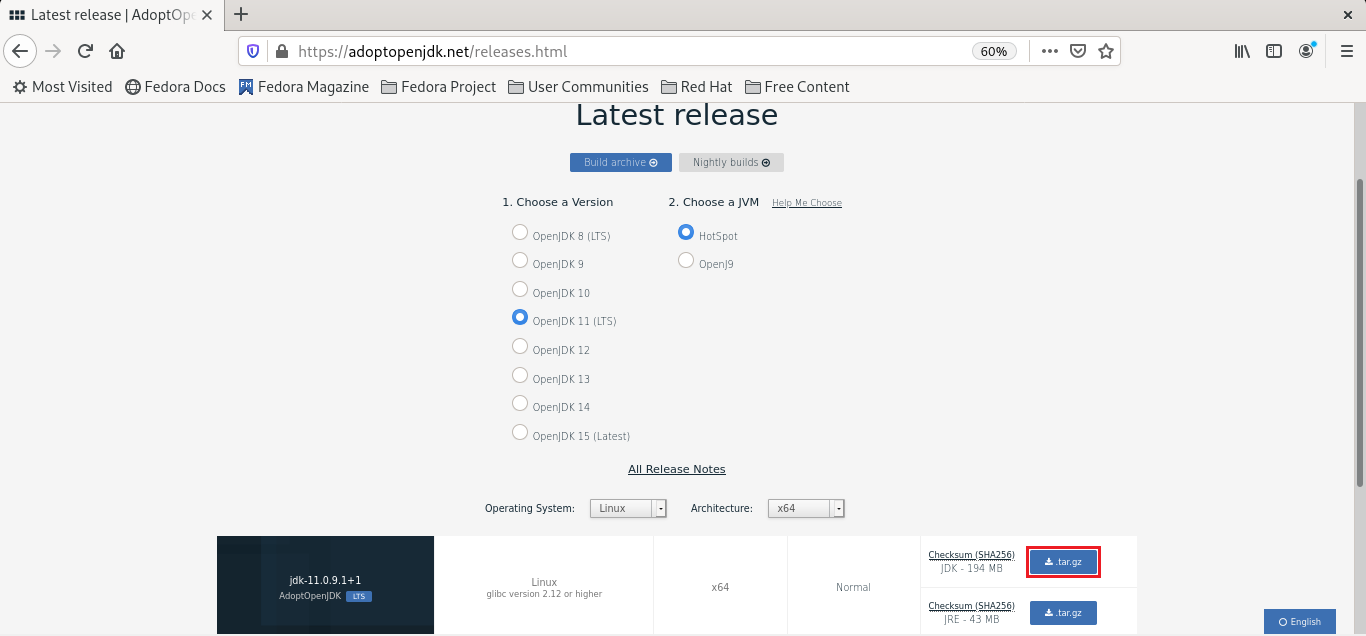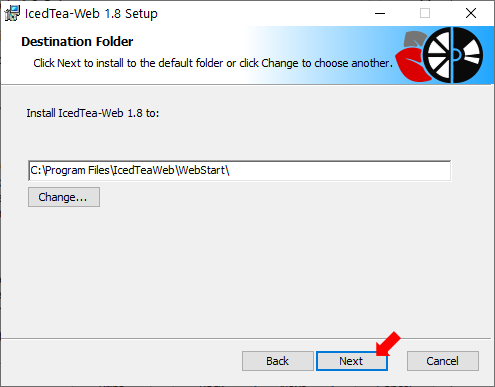

On MacOSĭownload OpenJDK from here - it comes in a. The following video shows the whole process. After that you'll need to set an environment variable JAVA_HOME to the JDK folder, and you also need to add %JAVA_HOME%\bin to the environment variable PATH. Simply unzip it to a folder on disk, e.g. On Windowsĭownload OpenJDK from here - it comes in a zip file instead of an executable installer. On Windows system, Intel recommends you to unzip the files and put them in the following directory: C:Program FilesJavajre. Note that if you already have a JDK installed, you should remove it before installing a new version. The differences are there's no official support for OpenJDK (which you probably won't need anyway), but there's also no restriction on how you use it, while Oracle's JDK is limited to non-commercial use unless you buy a commercial license. Important Update June 30th, 2021: Zulu for Azure no longer receives updates or support since January 1st, 2022.


Functionally these two are actually the same. Install the JDK Article 2 minutes to read 4 contributors Feedback You can use any JDK to build Java applications for Azure, although we recommend using the Microsoft Build of OpenJDK. M1Microsoft Build of OpenJDK with Hotspot 11. Because of Oracle's licensing changes to JDK, I recommend using OpenJDK instead of Oracle's JDK from now on. The Microsoft Build of OpenJDK is a new no-cost long-term supported.


 0 kommentar(er)
0 kommentar(er)
